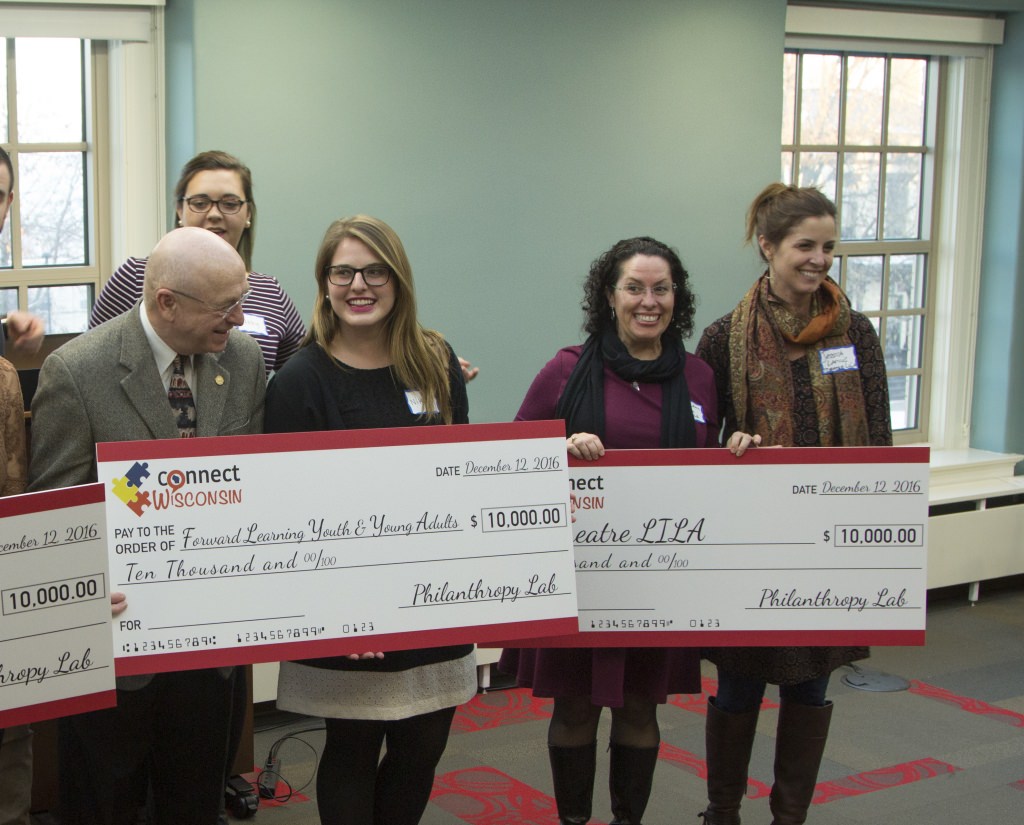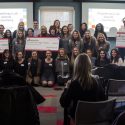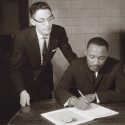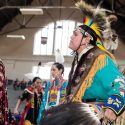UW’s first Philanthropy Lab class to award $50,000 to nonprofit groups

Representatives of nonprofit groups receive their checks for $10,000. The five groups were selected by the UW–Madison Philanthropy Lab class. UW-Madison
On Dec. 12, members of the University of Wisconsin–Madison’s first Philanthropy Lab class awarded $10,000 each to five local nonprofits, in the culmination of a new semester-long course that offered an innovative learning opportunity in philanthropic giving.
The class at the School of Human Ecology, created in partnership with the Morgridge Center for Public Service, is sponsored by the Philanthropy Lab, a nationwide nonprofit that along with donor partners has given more than $5.6 million to build philanthropy education at 22 universities across the United States.
“It is a joy to see the work of dedicated students, staff and faculty come to fruition in this hands-on philanthropy course experience. Many people have worked hard to make this Philanthropy Lab course happen, and it is yet another demonstration of the innovative ways this campus community strives to serve the broader public,” says Kathy Cramer, director of the Morgridge Center.
The students worked with community partners to identify their needs — 21 nonprofit groups applied for the grants — with a goal of strengthening the community as a whole.
“The Philanthropy Lab course provides UW–Madison students with an incredible opportunity to examine and address some of the most critical issues facing our community, while learning how to assess the impact of philanthropy on nonprofit organizations,” says Dean Soyeon Shim of the School of Human Ecology.
The nonprofits winning $10,000 Philanthropy Lab grants are Gio’s Garden, Neighborhood House Community Center, Theater LILA, Forward Learning Youth & Young Adults and OutReach LGBT Community Center.
In the future, students are expected to conduct follow-up site visits to the nonprofits receiving grants to look at how the money was used.
In addition, two ambassadors of the class will go to a nationwide Philanthropy Lab conference in June in Dallas, where they will promote one of the deserving local nonprofits for a chance to receive another $100,000.
The School of Human Ecology intends to continue to offer the class in future years. Professor Cynthia Jasper was the lead instructor, and Morgan Smallwood the teaching assistant.



